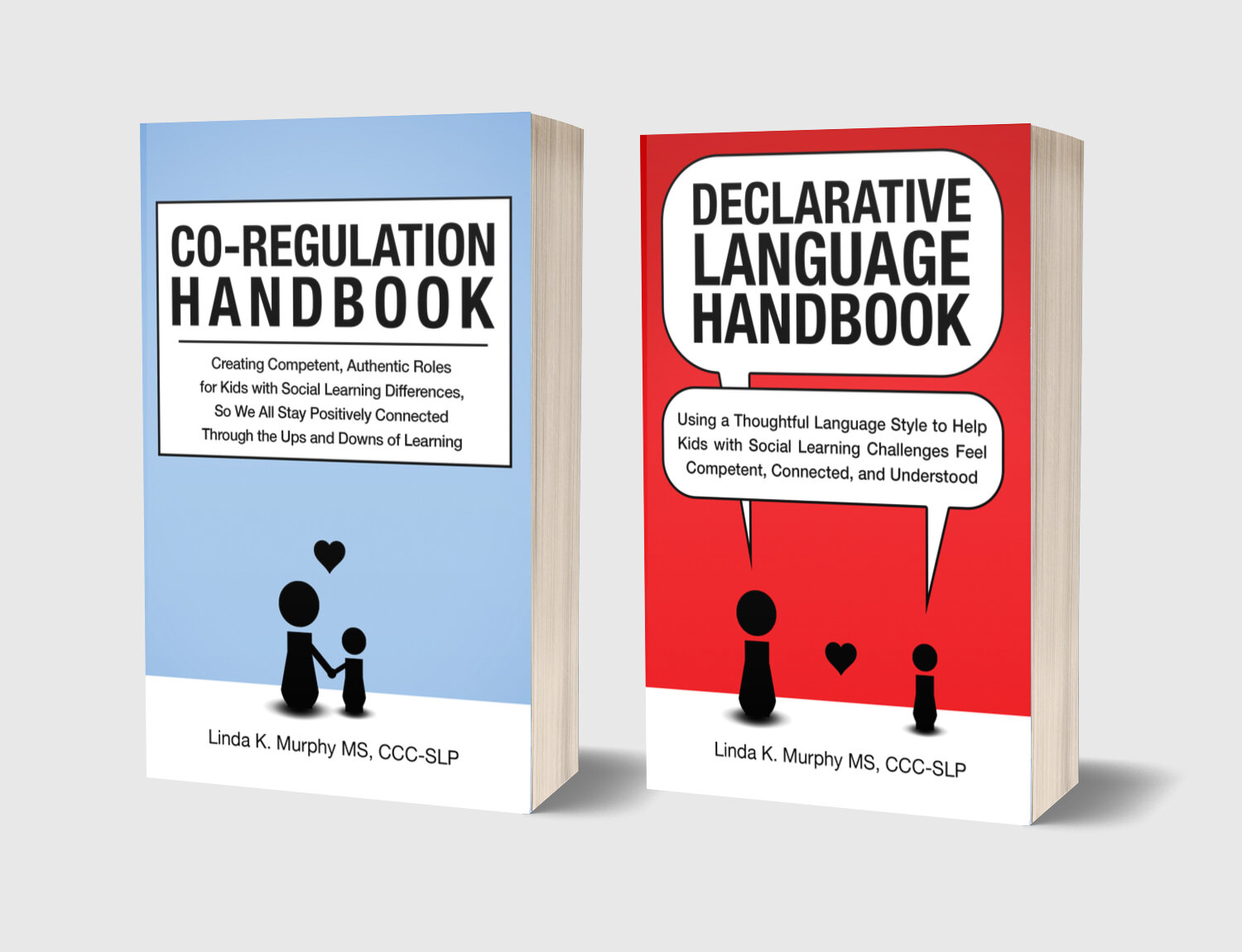More Direct!
To the point!
I have heard loud and clear that many autistic and neurodivergent individuals, especially those who identify with a PDA profile, do not like indirect declarative statements.
Although some people may feel this is a polite or softer way to ask for something, the intention behind these types of statements is not always clear. Therefore the recipient could be left wondering what exactly the other person means or wants. When experienced, this confusion or uncertainty does not foster successful or enjoyable communication.
What is going on exactly?
Indirect declarative statements, or as I think about them: inferential statements, place additional cognitive and processing demands on their recipient. The person must figure out - in the moment of a dynamic social exchange - what is meant by the words being spoken. Because the information is not being explicitly shared, it must be decoded within the context it is being used, which is an additional step. When this contextual decoding does not come easily or naturally to someone, it can lead to further stress around social exchanges, and fatigue.
Our goal
I prefer it when we all use declarative language (& co-regulation) in a way that is supportive and part of a whole communicative package (please see my Guiding Principles when using DL & CR for more on this idea). Or in other words, it works best when we are supporting the other person by giving them needed information, in the way that is most helpful to them. This is what declarative language can do best when we maintain thoughtfulness in our intentions, and attunement to our communication partner: improve social information processing for all, especially across social learning styles.
In order to continue improving all of our communication, I have created a handout offering some examples of how to move your inferential declarative statements to ones that:
are more direct and offer specific information in the moment
build in processing time (the language used creates space for the other person to consider the information being shared)
and
offer autonomy (allows the person to choose how or if they join the invitation; we know this is especailly important for PDA Individuals!).
And remember, we are using declarative statements to support mutual understanding. Declarative language should NEVER be used as a trick to get someone to do something!
I hope you find these examples helpful!
Upcoming Events - Join me!
October 8th at 11am ET
Join me for a 4 hour Intermediate DL & CR Course with AEP Connections. We’ll cover troubleshooting, case studies, and how to foster positive peer interactions! CEU’s available.
October 15-19
Join Sarah Rosensweet for her Flourish with You Complex Child Summit. You’ll find our conversation about declarative language, as well as many fantastic others!
Have a great week!





